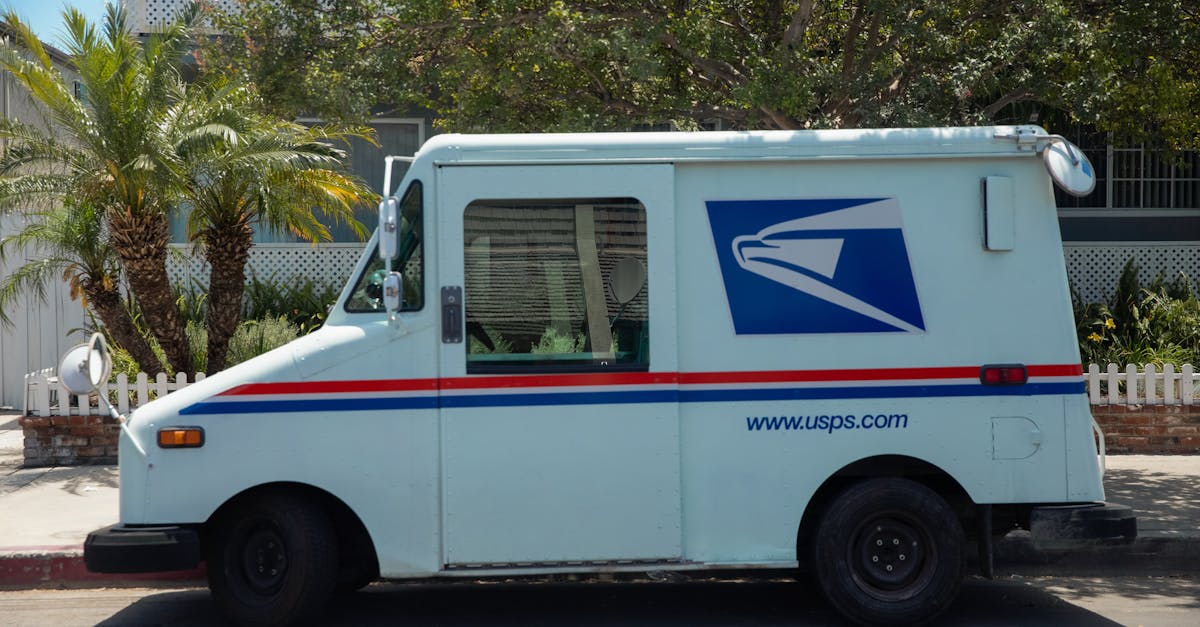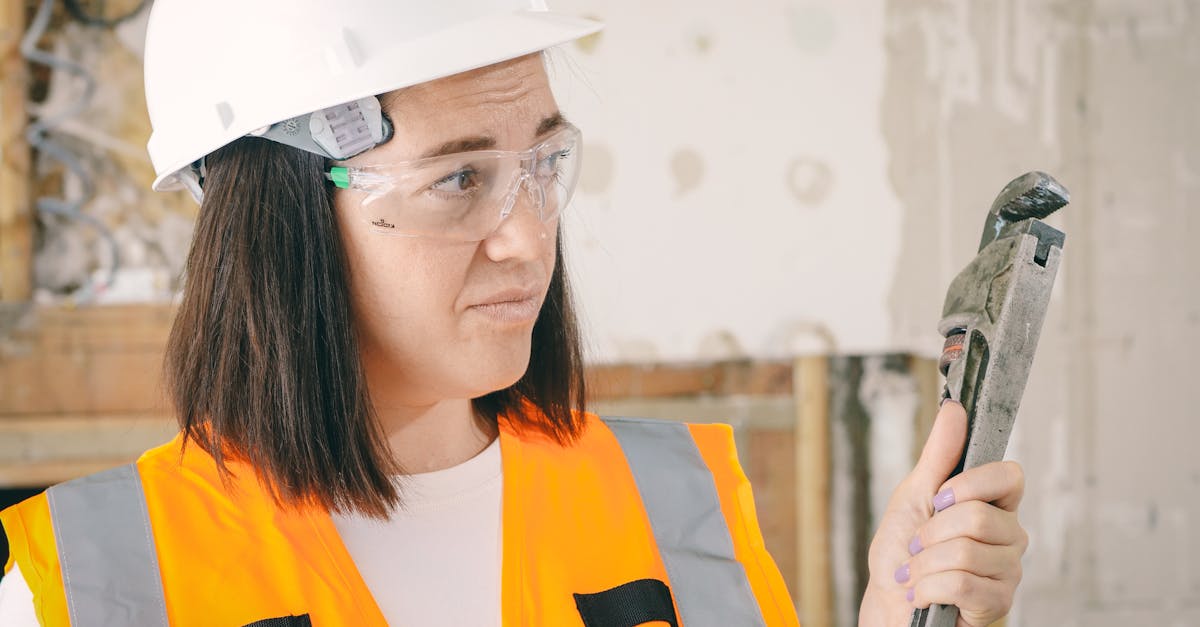
Table Of Contents
Advantages of Storage Water Heaters
Storage water heaters offer a consistent and readily available supply of hot water. Once the tank is filled and heated, hot water can be accessed at any time, making them particularly beneficial for households with multiple members or those that require large volumes of hot water for showers, washing dishes, and laundry. This reliability makes them a go-to choice for many homeowners looking for a solution that meets their daily demands.
The initial cost of installing a storage water heater can often be lower than that of an instantaneous system. During water heater installation and repair, homeowners may find that traditional systems provide a straightforward approach without the complexities associated with the newer technologies. The simplicity of storage systems, combined with their established technology, also means that maintenance and repairs tend to be more manageable and familiar for plumbers and service providers, ensuring peace of mind for users.
Why Many Homeowners Prefer Storage Systems
Many homeowners favour storage water heaters for their reliability and consistent availability of hot water. These systems store a substantial volume of water, ensuring that users can access hot water whenever needed. This feature is especially appealing in larger households or during peak usage times, where instantaneous demand can be a concern. Homeowners appreciate the peace of mind that comes with knowing that there is ample hot water ready for showers, washing dishes, or doing laundry.
Another reason storage systems remain popular is the simplicity of water heater installation and repair. These units are often more straightforward to install compared to their instantaneous counterparts, making them a practical choice for both new builds and replacements. Accessing and servicing storage heaters is generally easier for professionals, which can lead to reduced maintenance costs over time. This practicality makes storage water heaters an attractive option for many households looking for effective and enduring solutions.
Disadvantages of Storage Water Heaters
While storage water heaters are widely used, they come with several notable disadvantages. One of the primary concerns is their efficiency, as they frequently maintain a reservoir of hot water, resulting in standby heat loss. This can lead to higher energy consumption, especially in households with fluctuating hot water demands. Additionally, the size of storage units may limit placement options, making them less flexible in smaller homes or apartments.
Another drawback is the recovery rate, which refers to how quickly these systems can restore hot water after use. During peak demand periods, a storage water heater may struggle to keep up, leaving households waiting for the tank to refill and reheat. In situations where instant hot water is required, the time taken for the system to respond can be inconvenient. Furthermore, proper maintenance is crucial, with water heater installation and repair often required to keep these systems functioning efficiently over time.
Potential Drawbacks of Traditional Systems
Storage water heaters, while popular, come with several drawbacks that can affect homeowners' decisions. One significant concern is the amount of energy they consume. These systems continuously heat water to maintain a ready supply, leading to higher energy bills, especially in larger households where hot water usage is frequent. Additionally, the larger tanks require substantial space, which can be a limiting factor in smaller homes where space is at a premium.
Another drawback is the potential for overheating and leaks. With tanks holding large volumes of water, any malfunction can lead to significant damage in the home. Regular maintenance is essential to ensure efficiency and prevent costly repairs. This is where professional expertise in water heater installation and repair becomes crucial. Proper installation and upkeep can alleviate some of the risks associated with these traditional systems, but the need for this ongoing attention can be seen as inconvenient, further prompting some homeowners to reconsider their options.
Comparing Energy Efficiency
When evaluating energy efficiency, storage water heaters generally have a different impact compared to instantaneous systems. Storage heaters maintain a reservoir of heated water, which can lead to higher energy consumption due to standby heat loss. This refers to the heat that dissipates from the tank even when hot water isn't being drawn. Homeowners may find their energy bills affected by this constant energy draw, particularly in larger households where hot water usage peaks throughout the day.
Instantaneous water heaters, on the other hand, heat water on demand. This eliminates standby heat loss, making them more efficient in many situations. However, the energy efficiency can vary based on usage patterns and the appliance’s rating. Water heater installation and repair experts can provide insights into which system would suit a particular household best, taking into account hot water needs and energy efficiency considerations along with installation costs.
Which System Saves More Energy?
When evaluating energy efficiency between instantaneous and storage water heaters, it is essential to consider their operational mechanisms. Instantaneous water heaters, also known as on-demand systems, heat water only as it is needed. This eliminates standby energy loss, which is prevalent in storage systems that continually maintain a reservoir of hot water. Consequently, instantaneous systems tend to be more efficient, especially in households with lower hot water demands.
On the other hand, storage water heaters may still serve a purpose in larger households with significant hot water needs. They can supply several outlets simultaneously without waiting for water to heat up, potentially leading to lower energy costs during peak usage times. Ultimately, the choice will depend on individual usage patterns and preferences. Proper water heater installation and repair can further optimise energy efficiency, ensuring the system operates at its best regardless of the type chosen.
FAQS
What is the main difference between instantaneous and storage water heaters?
Instantaneous water heaters heat water on demand, providing hot water immediately without a storage tank, while storage water heaters keep a reserve of hot water in a tank for later use.
What are the advantages of storage water heaters?
Storage water heaters are often more affordable to purchase and install, provide a consistent supply of hot water, and can be more efficient for households with high hot water demands.
What are some common drawbacks of storage water heaters?
Storage water heaters can be less energy-efficient due to standby heat loss, take up more space, and may run out of hot water if multiple outlets are used simultaneously.
How do instantaneous water heaters compare in terms of energy efficiency?
Instantaneous water heaters are generally more energy-efficient because they only heat water when needed, reducing energy waste associated with maintaining a hot water supply.
Which type of water heater is better for a large family?
Storage water heaters may be better suited for larger families due to their ability to supply multiple fixtures with hot water simultaneously, while instantaneous systems may struggle if demand is high at peak times.





























